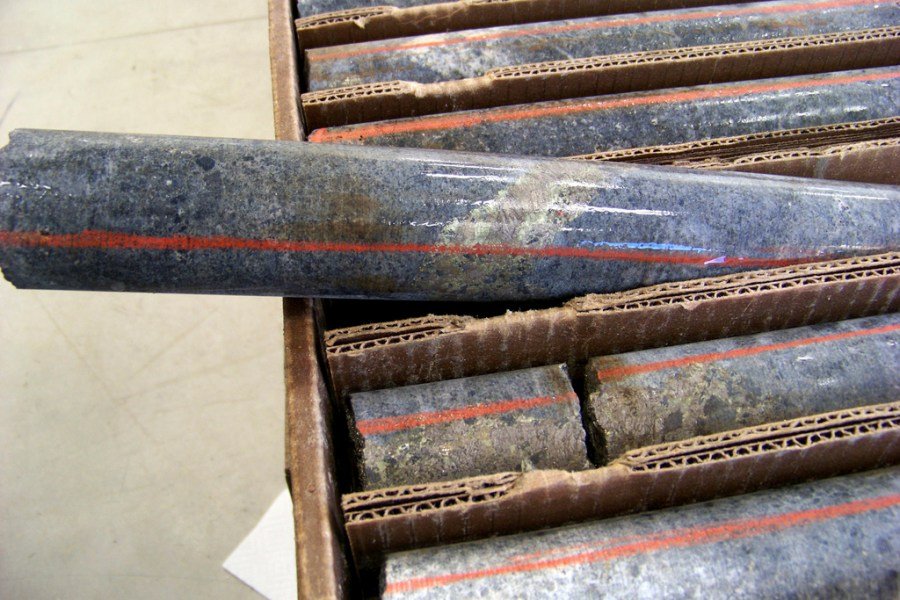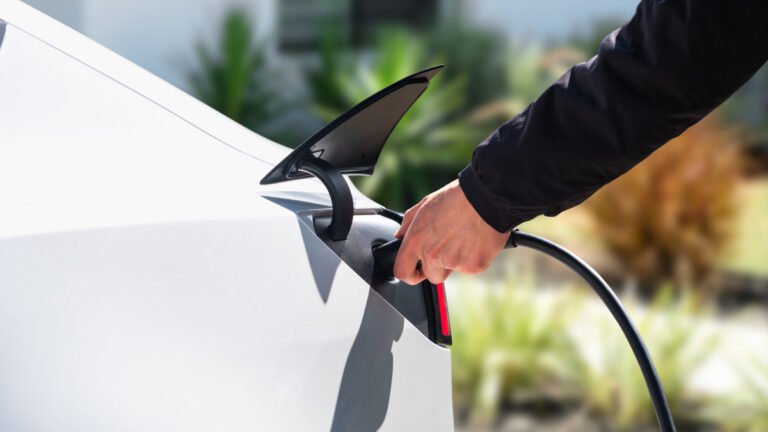
The Trump administration’s Bureau of Land Management announced in mid-September it plans to again permit oil and gas drilling in federal wilderness areas that the Biden administration put off limits. It’s a change consistent with the White House “drill, baby, drill” mantra — and one that’s not illogical in a world reliant on Vladimir Putin’s fossil fuels. The Biden White House may well have overreached in its elusive quest for a carbon-free future.
But let’s hope that the Bureau of Land Management takes a close look at specific areas before greenlighting development. The economics of wilderness preservation can prove more complex, on close inspection, than one just based on suspicion of environmentalism as a code word for obstruction.
That’s this writer’s conclusion after three days on the lakes and rivers of the nation’s largest single wilderness area, the Boundary Waters on the Minnesota-Ontario border. Not that this late-summer trip was planned with public policy analysis in mind.
The plan was to put politics and policy behind. There would seem to be no better way than a canoe trip in Minnesota’s Boundary Waters wilderness area, 1.1 million acres of 1,100 lakes, 200 campsites and rivers teeming with wild rice — off grid. No checking one’s phone. Primitive camping with a pit latrine.
But in today’s America, it turns out even our remote paddle, flanked by loons and trumpeter swans on pristine lakes, and blooms of colorful mushrooms, was shadowed by the politics of environmental regulation — and which will be affected greatly by the Trump White House. It’s the site of a controversy about mineral mining, one that would seem to pit jobs against the environment. President Trump has made his view clear — mining jobs come first. But a close look at the economics — and the fact that the profits of the mining would flow out of the country — should make him reconsider.
The Rainy River watershed, which feeds the hundreds of lakes flowing north to Hudson Bay, also contains some of the world’s richest deposits of copper and nickel ore, vital minerals for electronics. A Chilean mining giant, operating under the name Twin Metals Minnesota, proposing to develop them, was blocked from doing so by the Biden administration, which denied a required permit to mine on federal lands.
Trump promised during a campaign stop, to change that “in ten minutes.” The permit is now officially being reconsidered. Minnesota’s two Democratic senators sought to block such a permit through an amendment to the Trump’s “One Big Beautiful Bill Act” — but, not surprisingly, fell short.
On the surface, such opposition seems like an obvious case of environmental obstructionism, blocking not just economic development — 4,000 mining jobs — and avoiding the need to import crucial minerals. Yet another in the series of eco-extremist policies — such as the spotted owl protection that killed Northwest timbering or the snail darter that impedes agricultural water in California.
But the economics, broadly understood, of the mining permit decision, should give pause to those who would give the go-ahead. Eco-tourism itself is big business. That’s what the Friends of the Boundary Waters, an advocacy group opposed to mining, emphasizes. The town of Ely, Minn., offers the outfitters and guides that exemplify that.
The lake walleye on local menus reflects the area’s thriving fishing industry, which could not easily coexist with the detritus of cooper extraction, should it contaminate the watershed. Especially, for MAGA, if the revenues flow well south of the border to Chile. Trump-supporting members of Congress — including Republicans from the Upper Midwest — may want to take note.
But primitive camping made it clear that the obvious economic considerations are too narrow. American’s desire for outdoor recreation has sparked a creative boom in what might be called recreational technology. All sorts of equipment has become lighter, more compact and novel. Lake water can be purified with tiny ultraviolet lights. Sleeping comfort is enabled by soft pads that fit small bags. Fiberglass canoes are 30 pounds lighter than the aluminum ones I once carried. Waterproof pants remain dry even after a step into deep water.
The stores in Ely — and across the country — are stocked with such stuff. Recreational Equipment Inc, which had just one store in Seattle in 1971, today has annual revenues of $3.5 billion from 195 stores.
This, too, is economic development — shelves filled with small engineering marvels that I can’t help but think can be useful to the military, as well. Jane Jacobs, in her landmark book, “Cities and the Wealth of Nations,” marveled at the ways in which innovation occurs, observing that breakthroughs can arise as the collateral benefits of toys; one thinks here of toy drones that Ukraine converted to the means of defense.
Wilderness protection as a foundation for national defense may sound absurd — but perhaps not. The Boundary Waters case makes clear that decisions about wilderness development should be made carefully, by both the White House and the Congress, on a case-by-case basis — and in more than ten minutes.
Howard Husock is a senior fellow in Domestic Policy Studies at the American Enterprise Institute.






